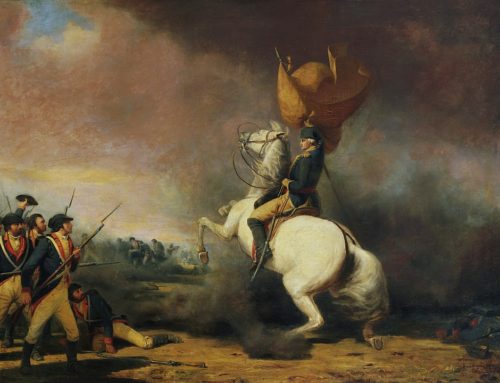The 100th/442nd Regimental Combat Team initially consisted of Japanese American volunteers from the mainland United States and the Hawaiian Islands. This team became the most decorated unit in United States history. 18,000 total awards, including 9500 Purple Hearts, 52 Distinguished Service Crosses, Seven distinguished Unit citations, and after some fifty years 22 Congressional Medal Honor Recipients.
On December 7, 1941, after the surprise attack on Pearl Harbor, all men were called upon to fight except Japanese Americans. In fact the army dismissed the 5,000 Japanese American soldiers serving the U.S. armed services. Some were even classified as “enemy aliens,” despite being US citizens. Moreover, the United States Government placed their families in concentration camps.
Nevertheless, in May 1942, a battalion of Nisei volunteers was formed. By September 1943 they were sent to Italy where they saw fierce combat and became known as the “Purple Heart Battalion” due to their high casualty rate. Due to the stunning success of Nisei in combat, the draft was re-instated in January 1944 for Nisei in the detention camps to bolster the 442nd Battalion. (Earlier the 100th Infantry Battalion was incorporated into the 442nd). By the end of the war, Japanese American soldiers had won the respect of their fellow soldiers.
Following their return home, the 442nd faced renewed prejudice. They were welcomed home by signs that read, “No Japs Allowed,” and “No Japs Wanted.” In some cases, veterans were denied service in local shops and restaurants, and their homes and property were sometimes vandalized or set on fire.
Over subsequent years, almost all of the rampant racism against Japanese Americans disappeared. First of all, the Supreme Court ultimately overruled their earlier decision, and judged the concentration camps illegal. Secondly, in 1996, a Congressional measure sponsored by Senator Daniel K. Alaka, directed the Army to review the World War II records of highly decorated servicemen of Asian descent to see if bias had deprived them of the Medal of Honor, the highest award for valor. In 2000, as a result of that review, the President bestowed the Medal of Honor on 22 other soldiers of Asian Background.
Mr.Yuko Okutsu belatedly received the Congressional Medal of Honor. Let me, summarize from his obituary in the New York Times. Mr. Okursu’s platoon was initially halted by machine-gun crossfire near Bologna, Italy. Sergeant Okutsu crawled to within 30 years of one enemy emplacement and killed its three gunners by hurling a pair of hand grenades. He dashed to a second position and threw another grenade, wounding two Germans and capturing two others. After being stunned by rifle fire glancing off his helmet, he charged several enemy riflemen with his submachine gun, forcing them to withdraw. Then he rushed the remaining machine-gun position and captured its crew of four, enabling his platoon to continue its assault. He initially received the Distinguished Service Cross, the Army’s second highest award for bravery.



